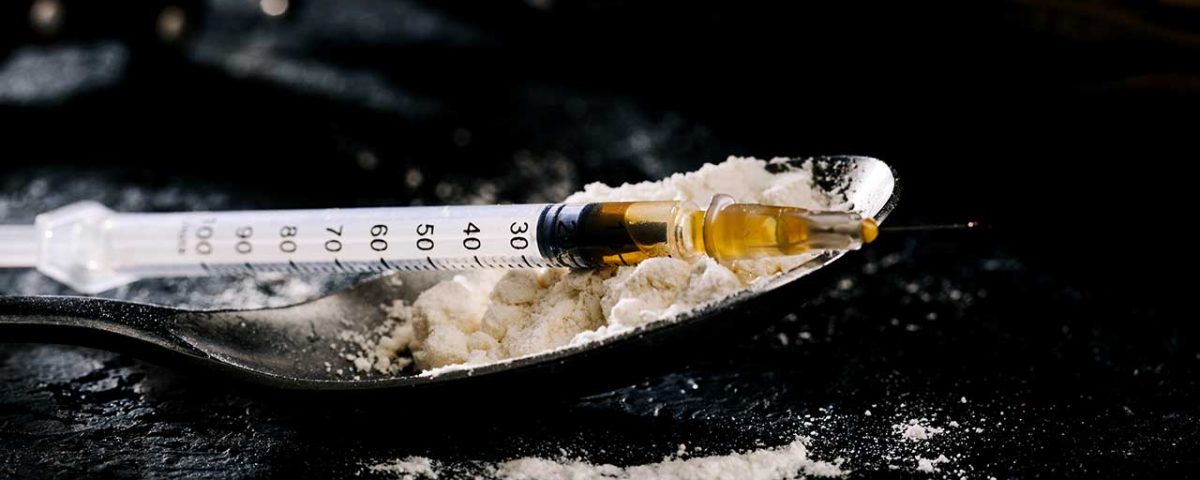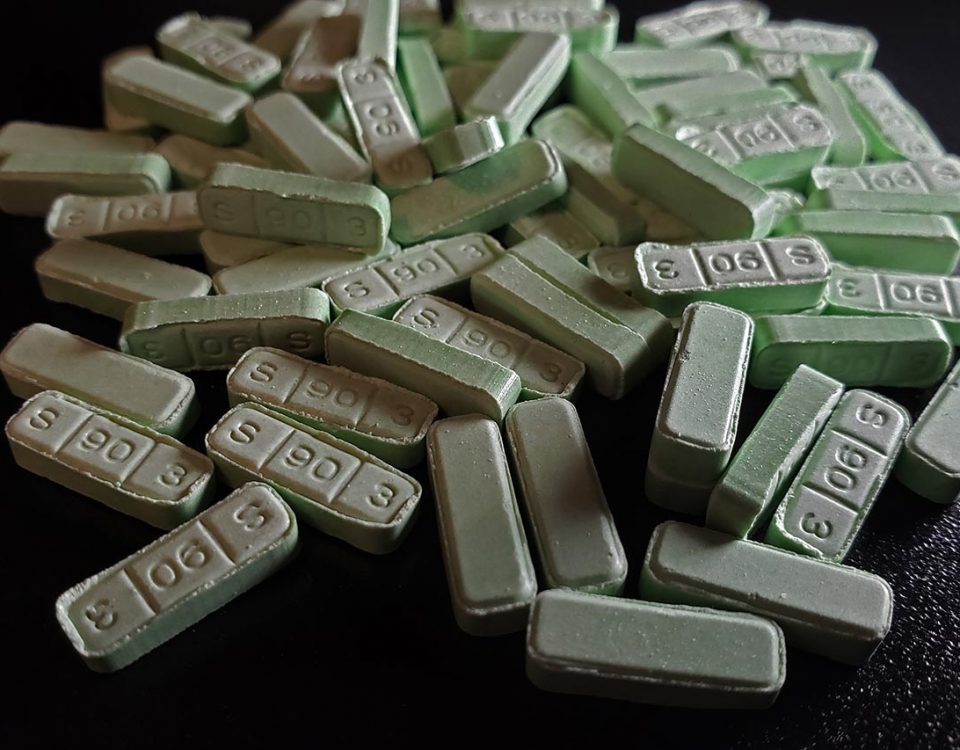Heroin is one of the most commonly abused street drugs in the nation and possibly the world. It’s known for producing an intense and euphoric high that hooks a person into continuous drug-taking behavior. Those who aren’t familiar with it question whether heroin is a stimulant or depressant. To better understand how it works and why it’s addictive, today we’re identifying heroin’s drug class.
Stimulants vs. Depressants
Stimulants and depressants are almost opposites, and the only thing they have in common is the ability to alter both the brain and body. Stimulants are drugs that work to increase nerve activity in the central nervous system (CNS), producing side effects like increased energy and alertness.
On the other hand, CNS depressants are drugs that reduce or slow down nerve activity in the brain and body, producing side effects like sedation, dizziness, sleepiness, and more. This is why stimulants are known as “uppers,” and depressants are known as “downers.”
However, regardless of their differences, stimulants and depressants are similar because both impact function in the brain. Many if not all drugs of both classes can lead to dependence and addiction if abused for long periods.
People may use depressants or stimulants for different reasons. For instance, stimulant abuse is common among college students who want to improve their performance at school.
Depressants, on the other hand, might be abused by people who suffer from chronic pain. In the end, both types of drugs can lead to long-term consequences if misused.
Is Heroin a Stimulant or a Depressant?
Heroin is a depressant, not a stimulant. Specifically, heroin is an illicit opioid.
Opioids are a class of drugs naturally found in the opium poppy plant. They work in the brain to produce a variety of sedative side effects, including euphoria, drowsiness, and pain relief.
There are both prescription and illicit opioids (such as heroin), both of which are addictive. These drugs are known for their highly addictive nature, so much so that the over-prescription of these drugs led to a drug epidemic that began in the late 1990s and continues today.
Additionally, many people who become addicted to heroin were originally abusing their prescription opioids. Heroin eventually becomes the cheaper and more accessible alternative for these individuals.
Like other opioids, when someone ingests heroin, it attaches to opioid receptors in various areas of the body. This alleviates pain – which is a plus for people who take prescription opioids for pain treatment – but it also stimulates the release of neurotransmitters like dopamine.
When released, dopamine produces a pleasurable and happy feeling. This naturally occurs when people eat or have sex, but it also happens when they use certain drugs.
Common short and long-term effects of heroin include:
- Euphoria
- Sedation
- Drowsiness
- Dry mouth
- Flushed skin
- Heavy feelings in the arms and legs
- Severe itching
- Nausea and vomiting
- Clouded mental functioning
- Going “on the nod” or slipping back and forth between consciousness and semiconsciousness
- Difficulty breathing
- Insomnia
- Collapsed veins for people who inject it
- Damaged tissue in the nose for people who snort it
- Infection of the heart lining and valves
- Cardiovascular disease
- Liver and kidney disease
- Lung complications
- Mental illness, such as depression and antisocial personality disorder
- Erectile dysfunction
- Decreased libido
- Irregular menstrual cycles
Heroin forces the release of dopamine and inhibits the brain from absorbing the excess for later use, producing an intense high and rewarding feeling that makes the person want to use heroin again. The longer heroin is used, the more the brain and body adapt to it, a vicious cycle that ends in addiction.
In addition to heroin’s effects on the brain and body, drug abuse also impacts various areas of your life, including your relationships, career, finances, and more. Despite the severity of these consequences, however, many heroin addicts struggle to quit and recover without the help of professional treatment at a heroin rehab.
Help for Heroin Addiction
Many people who do not receive treatment for heroin addiction are at a high risk of overdosing or dying from their drug use. In the end, due to this drug’s addictive nature, it’s best to receive professional drug treatment to avoid any physical complications and improve your chances of recovery.
Our drug rehab in Massachusetts offers heroin addiction treatment and more to help patients with severe addictions find long-term sobriety. We incorporate a variety of modalities into our levels of care for substance abuse treatment, including individual and group therapy, to ensure that patients are learning the skills and receiving the support they need to live a sober lifestyle.
To find out more about our drug and alcohol treatment in Massachusetts, call Banyan Treatment Centers today at 888-280-4763.
Related Reading:
The Different Types of Heroin
Famous Heroin Addicts









